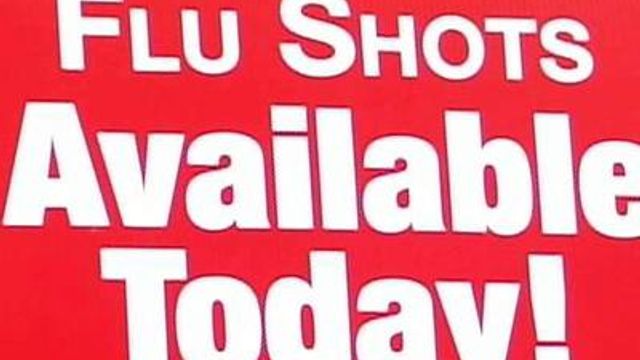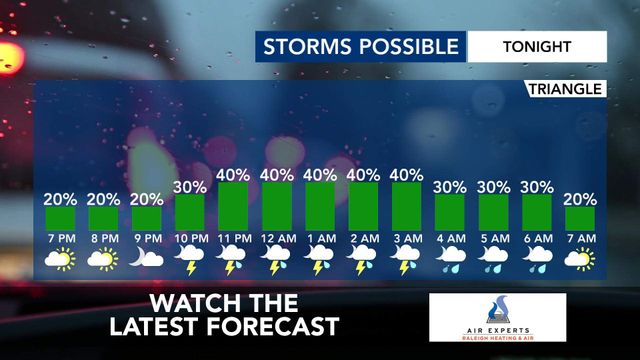Round 1 of H1N1 vaccine could be out first of October
North Carolina public health officials say the second wave of the novel H1N1 flu has arrived. This month, more than 2,200 people across the state came down with flu-like symptoms.
The nation's first round of a vaccine – in the form of a nasal spray – to counter the virus, also referred to sometimes as swine flu, should be distributed by the first week of October, according to the U.S. Centers for Disease Control and Prevention.
But who should get it, and who will get it first?
Federal guidelines call for the new vaccine to be given first to pregnant women, those who live with or care for children 6 months or younger, health care workers, people aged 6 months through 24 years, and people with chronic health problems or compromised immune systems.
Those groups total about 159 million people nationwide.
Because the nasal vaccine is made with a live form of the virus, some high-risk groups might not be able to take it, according to Jay Butler, head of the CDC's H1N1 Vaccine Task Force.
The CDC is still waiting for the injectable vaccine to become available and believes it will have doses sometime next month.
Only after shots are offered to those high-risk groups will the vaccine be available to healthy adults 64 and younger.
But senior citizens, who for years have made flu shots a fall ritual, are being sent to the end of the line for the H1N1 vaccine.
"We know about one-third over the age of 60 have some circulating antibody to H1N1 virus, either due to vaccination given back in 1950s, or people who were exposed to similar virus during pandemic of 1957," said Dr. Allen Mask, a Raleigh physician and medical contributor for WRAL News.
The H1N1 flu strain was first identified in April and is now responsible for almost all flu cases in the United States. It has caused more than 1 million illnesses so far, though most were mild and not reported.
Nearly 600 Americans have died from it. Though the elderly have been less likely to catch swine flu, those who do get it are more likely to become seriously ill, government doctors say.
News of the possibility that the H1N1 vaccine could be available as early as next month comes after researchers discovered that one dose, instead of two, would be enough for healthy adults, and protection could begin within 10 days of vaccination instead of three weeks.
One dose also means tight supplies of the vaccine won't be stretched so badly, U.S. health officials have said. Had it taken twice that dose, half as many people could have received the vaccine.
"Initially, we anticipate about 3.4 million doses of the vaccine will be available," Butler said. "We would anticipate that once we're up and going, we should be seeing at least 20 million new doses of vaccine weekly going into December."
The United States has ordered 195 million doses from five manufacturers.
Once distributed, it will be available at local health departments and doctor's offices across the nation. Businesses that provide flu vaccinations for their employees, however, might have to wait longer for a supply.
The seasonal flu vaccine is widely available now, and health authorities have urged people to get shots now before swine flu shots start arriving.
Medical experts insist the best way for people to protect themselves is to get vaccinated for both flu strains. They also advise basic hygiene practices – for example, often washing hands with soap and water and covering noses and mouths when sneezing or coughing.
Other precautionary measures include avoiding close contact with sick people and staying at home if sick with the flu or flu-like symptoms. They include fever, cough, sore throat, body aches, chills, diarrhea and vomiting.











